Filter by
Discover more about our projects
Success stories (33)
RSS
With the support of the Clean Hydrogen Partnership, the JIVE and JIVE 2 projects have taken this technology beyond early adopters, bringing demonstrations to 15 countries and around 50 cities across Europe.
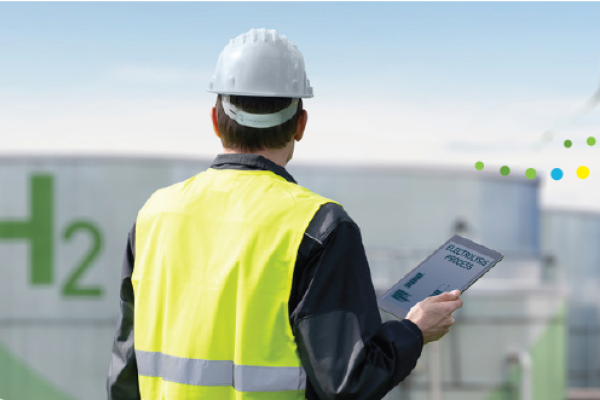
A competitive hydrogen economy needs more than technology – it requires clear and harmonised standards to ensure safety, sustainability and scalability.
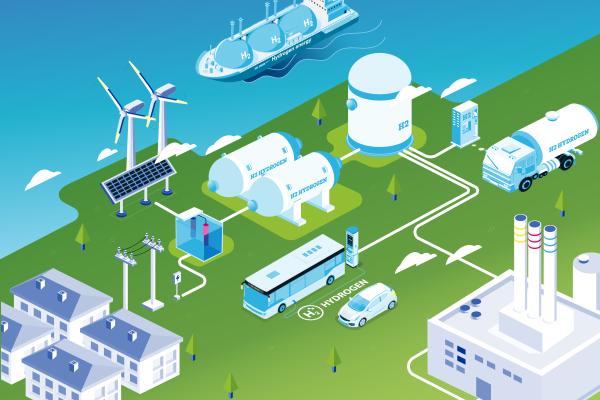
Hydrogen Valleys bring the entire clean hydrogen value chain together in local ecosystems – from production to end use – driving decarbonisation and regional growth.
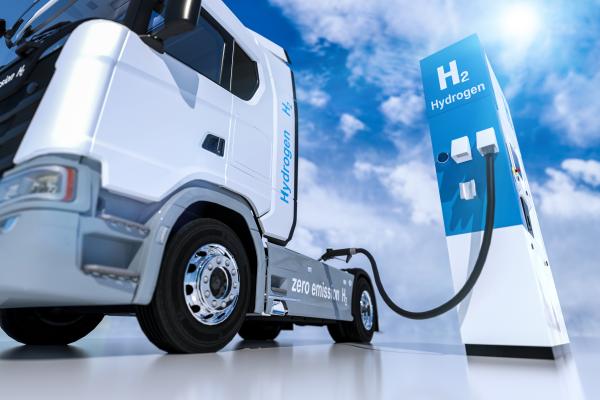
Through projects such as IMMORTAL, DOLPHIN and FURTHER-FC, the Clean Hydrogen Partnership is driving advances in membrane electrode assembly (MEA) technology, improving performance and durability for both heavy- and light-duty vehicles.
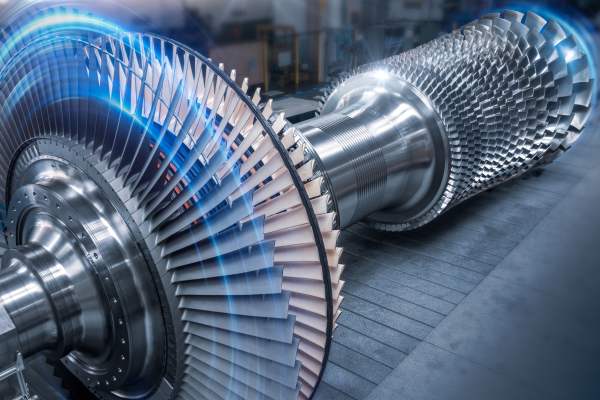
With support from the Clean Hydrogen Partnership, the FLEX4H2 and HELIOS projects are developing advanced combustor technologies that overcome key challenges such as flame stability, flashback and emissions control.
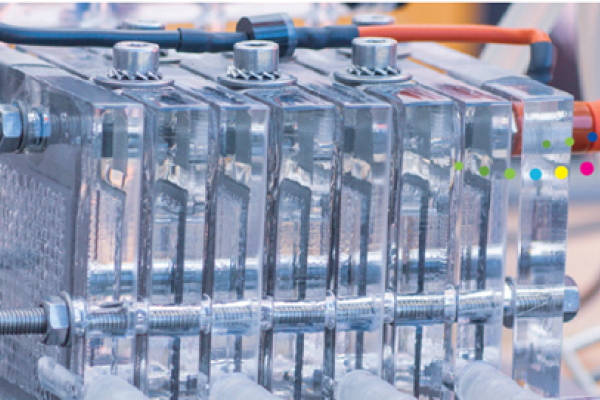
With support from the Clean Hydrogen Partnership, pioneering projects have helped European companies like ITM Power and Sunfire grow from lab-scale prototypes to world-leading industrial installations.
Supported by the Clean Hydrogen Partnership, H2SITE has turned more than a decade of EU-funded research into a commercial reality.
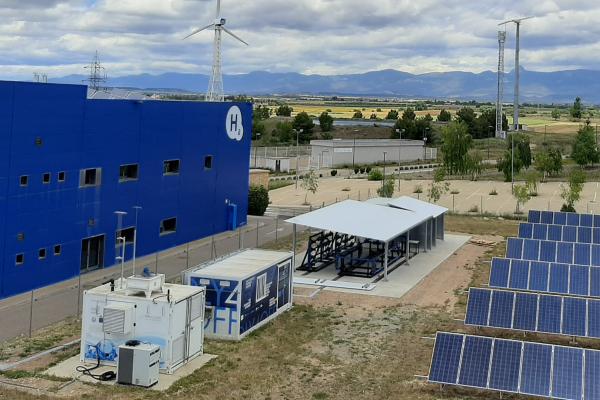
A pan-European hydrogen transmission network is key to meeting Europe’s energy transition goals. The Clean Hydrogen Partnership is funding projects that aim to help repurpose Europe’s gas grid to enable it to transport large quantities of hydrogen.
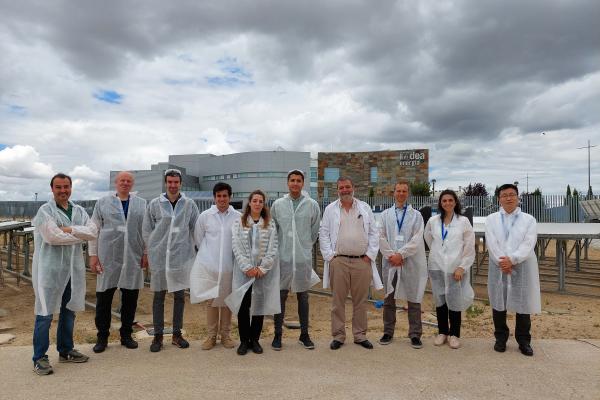
The Clean Hydrogen Partnership supports projects that develop tools like life cycle assessments, eco-design guidelines, recycling strategies and certification schemes for fuel cell and hydrogen technologies.
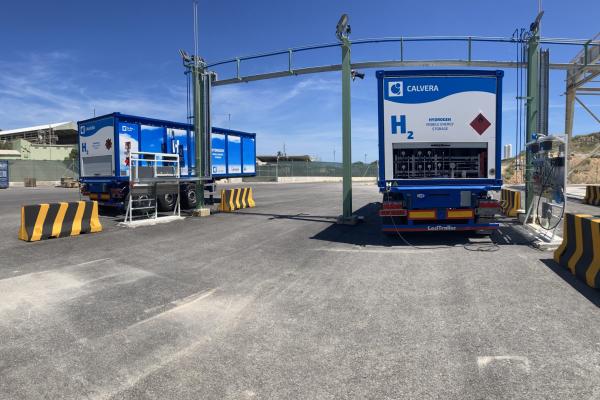
The Clean Hydrogen Partnership works with European regions to develop hydrogen economies. Its support includes the promotion and funding of hydrogen valleys, the establishment of a project development assistance facility and synergies with regional managing authorities.
